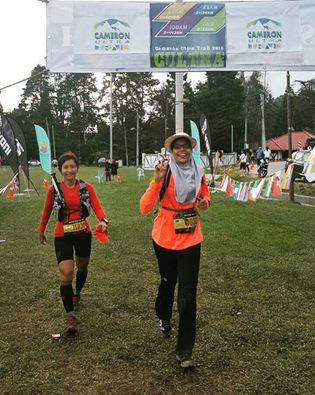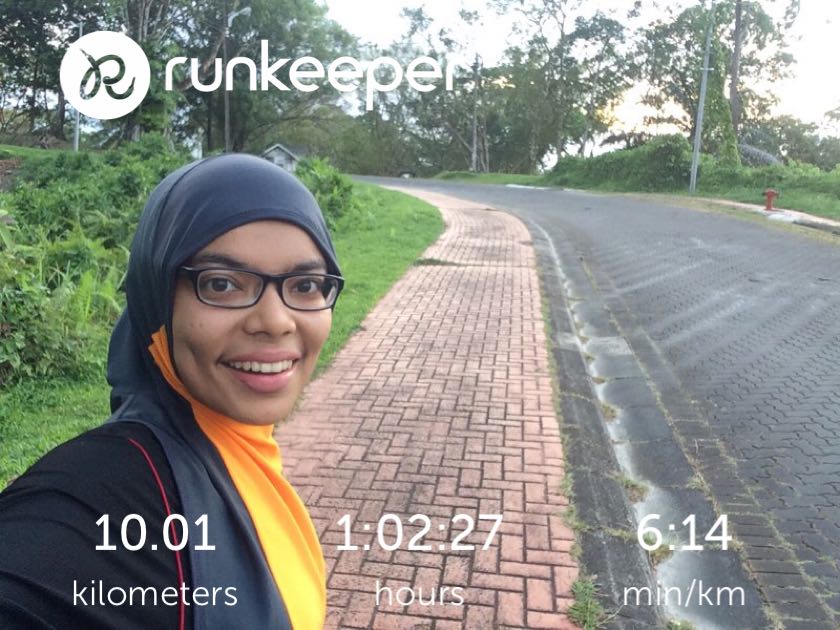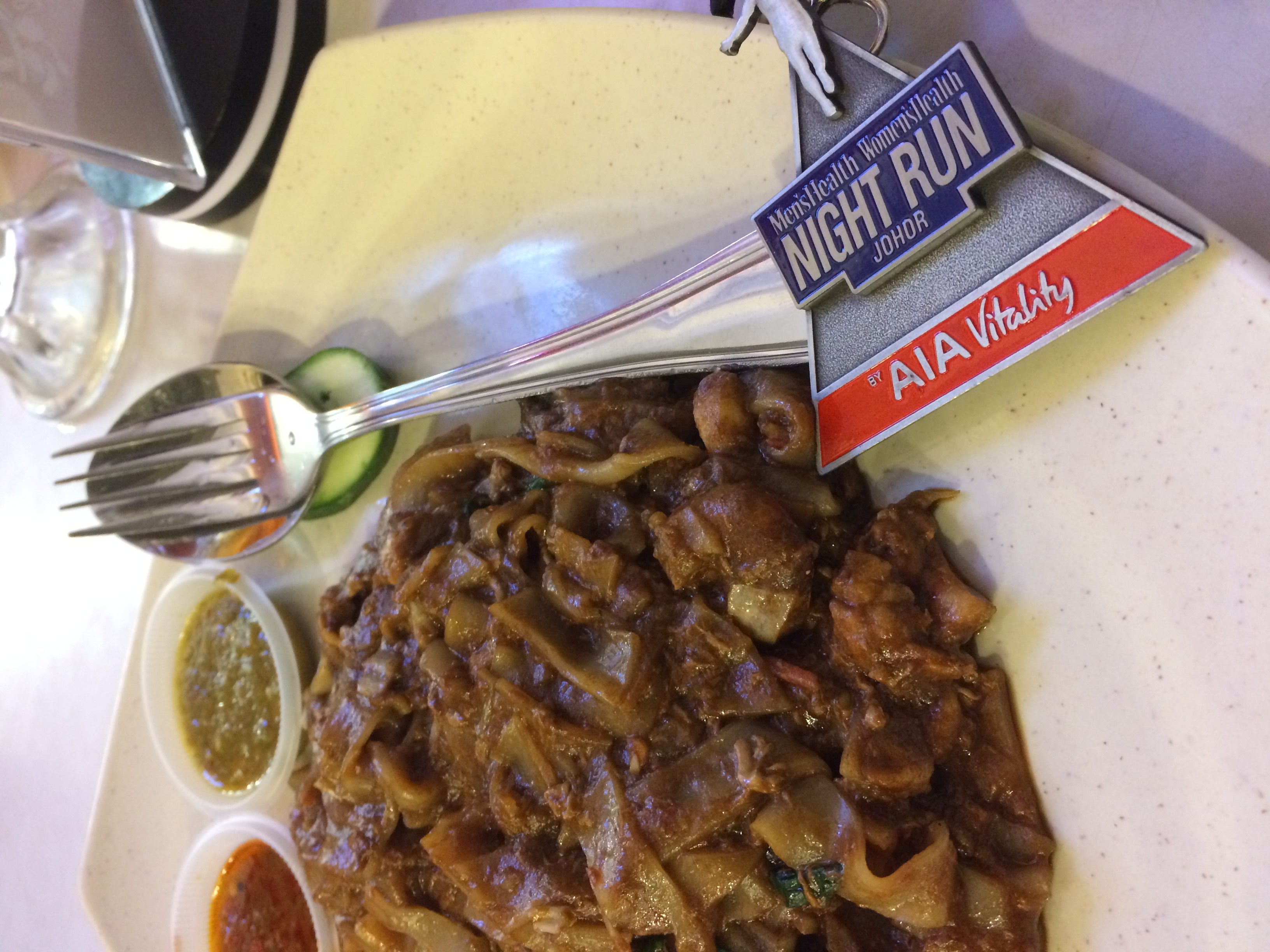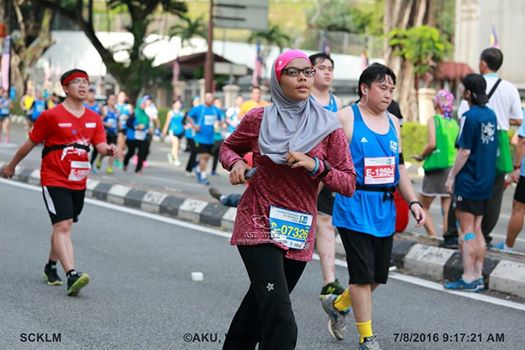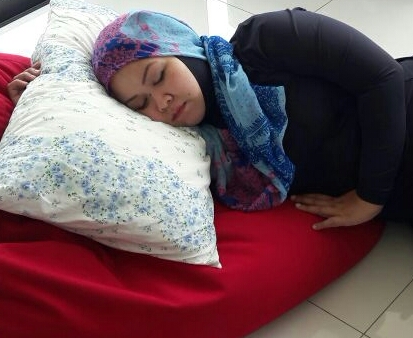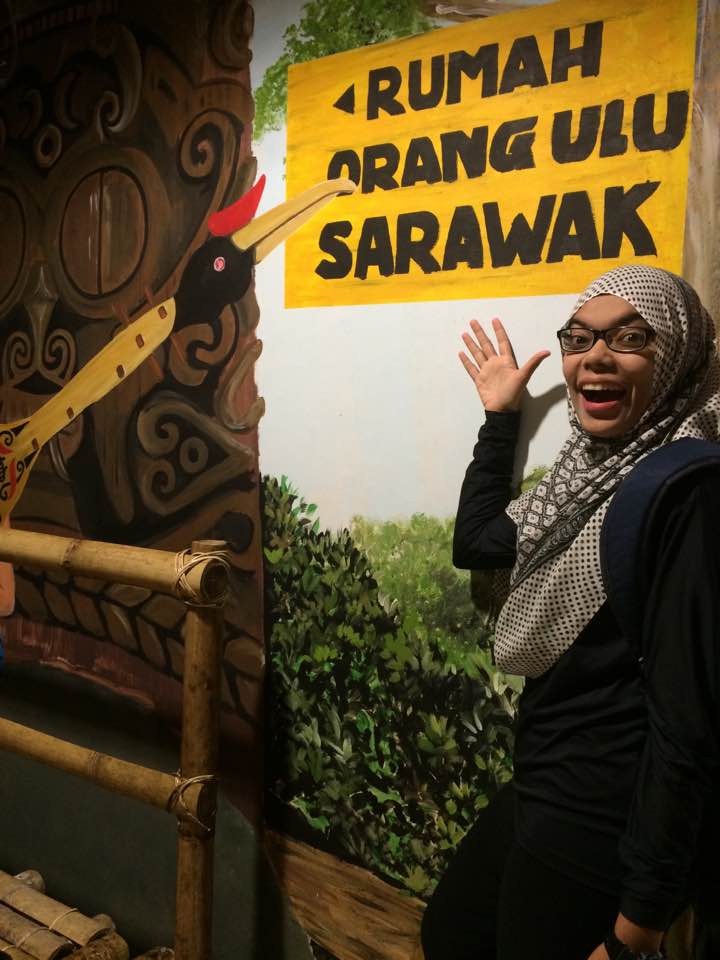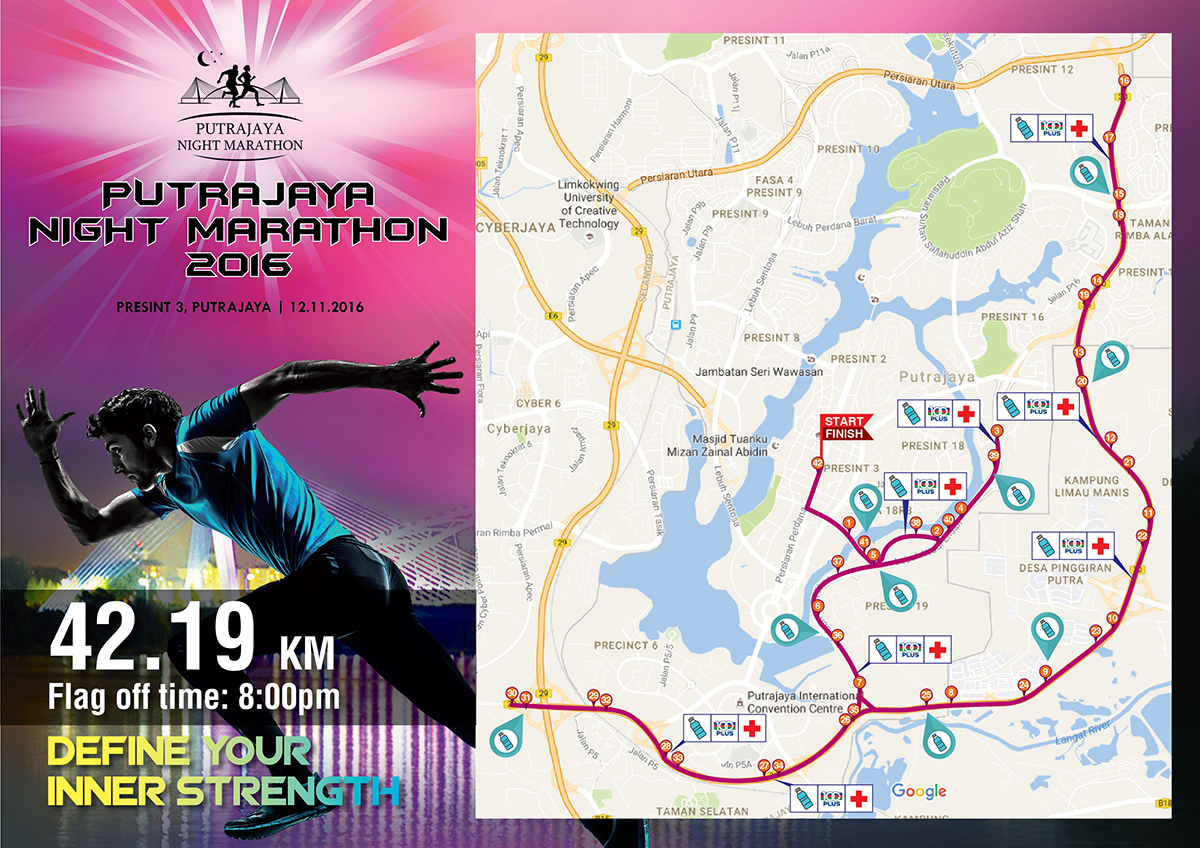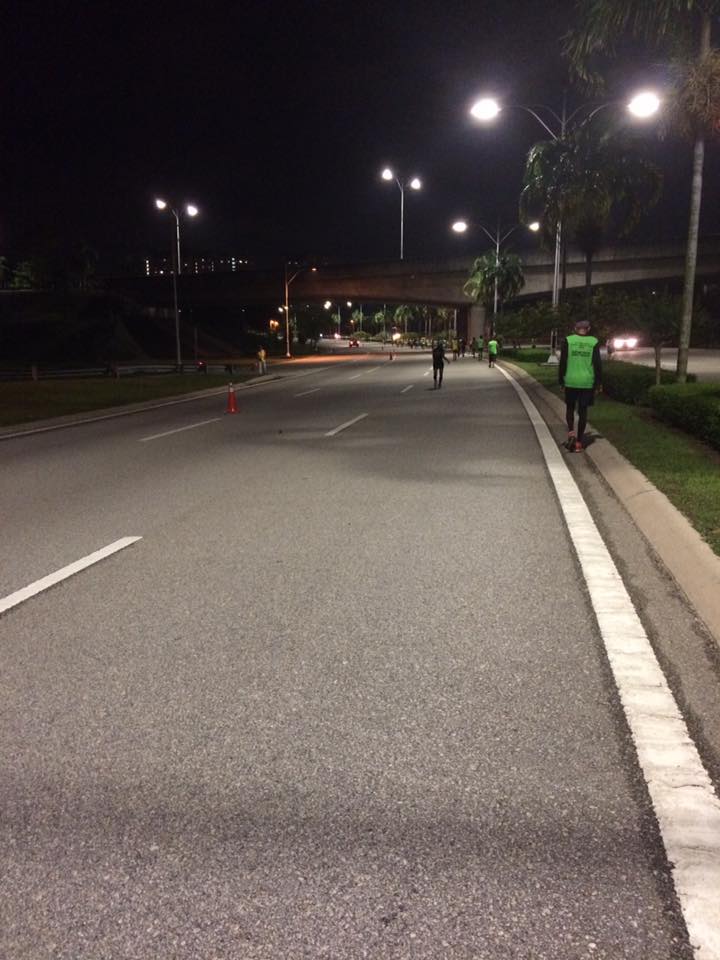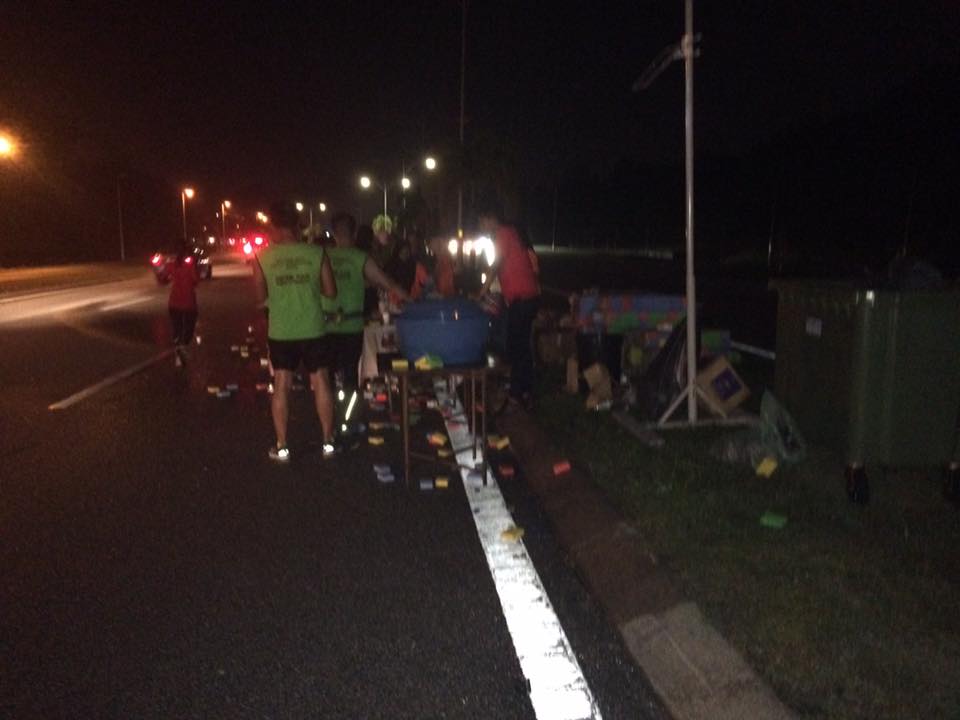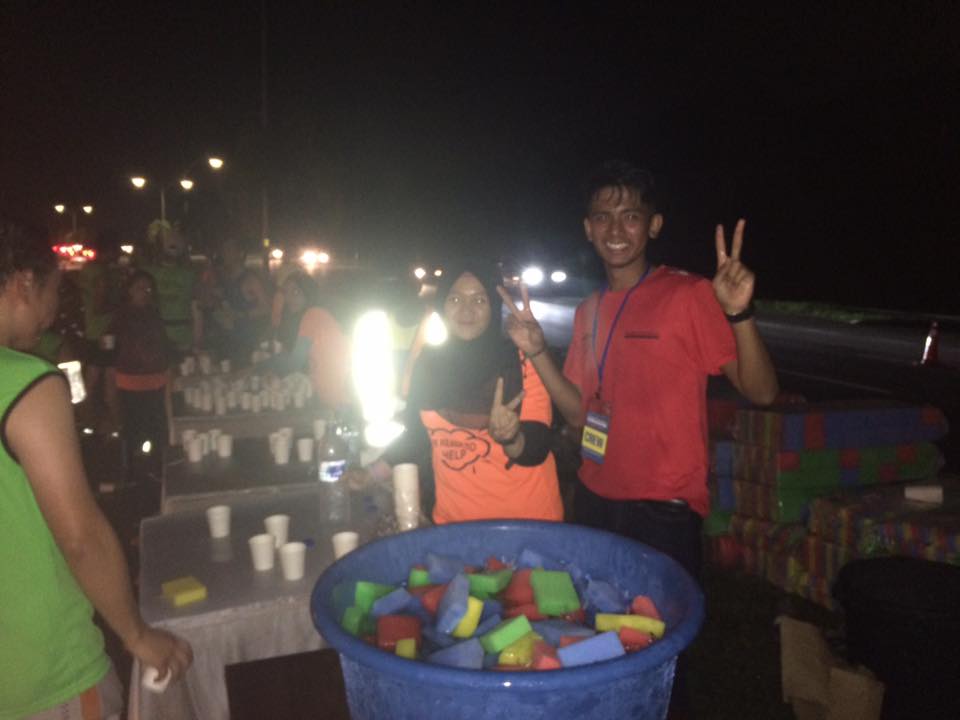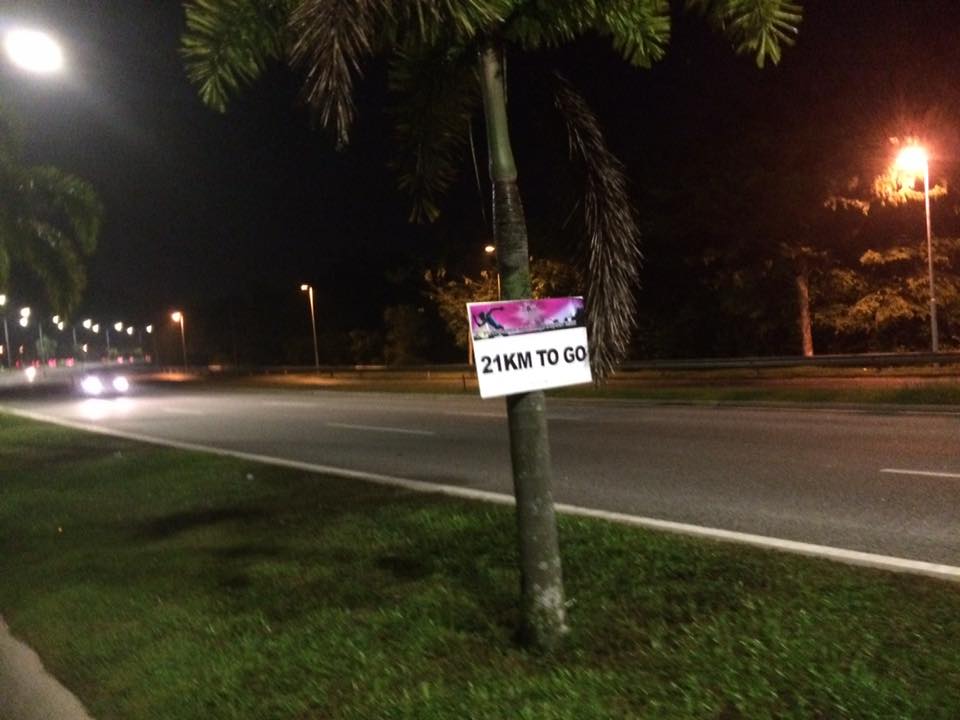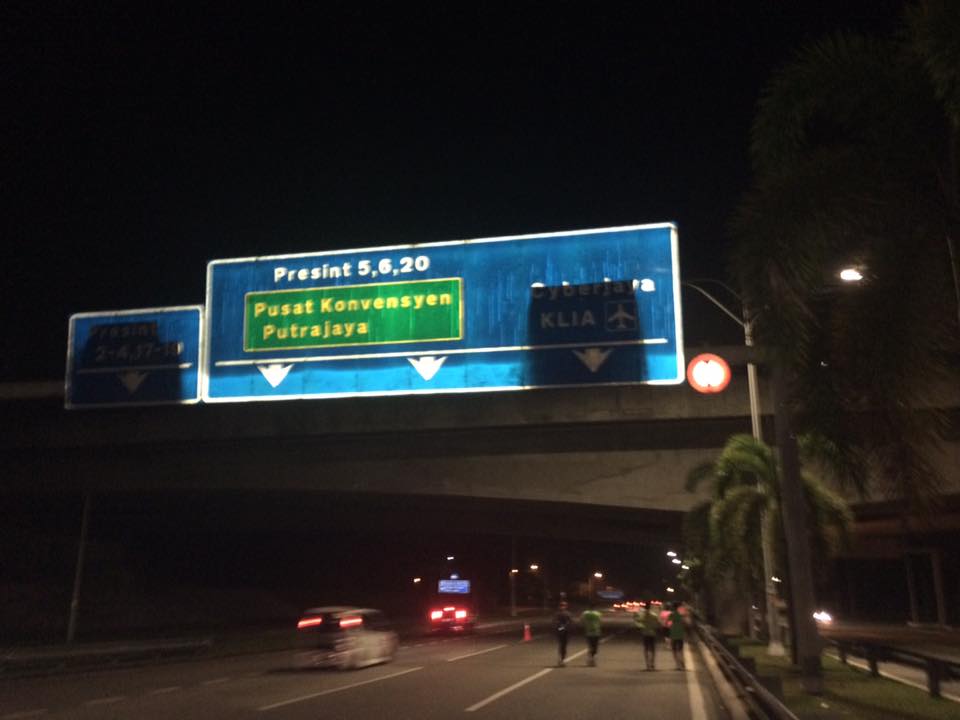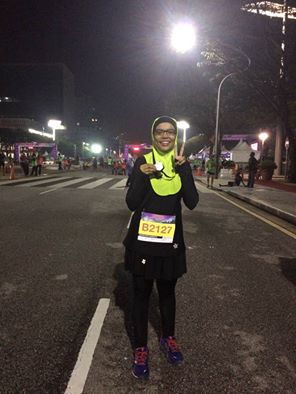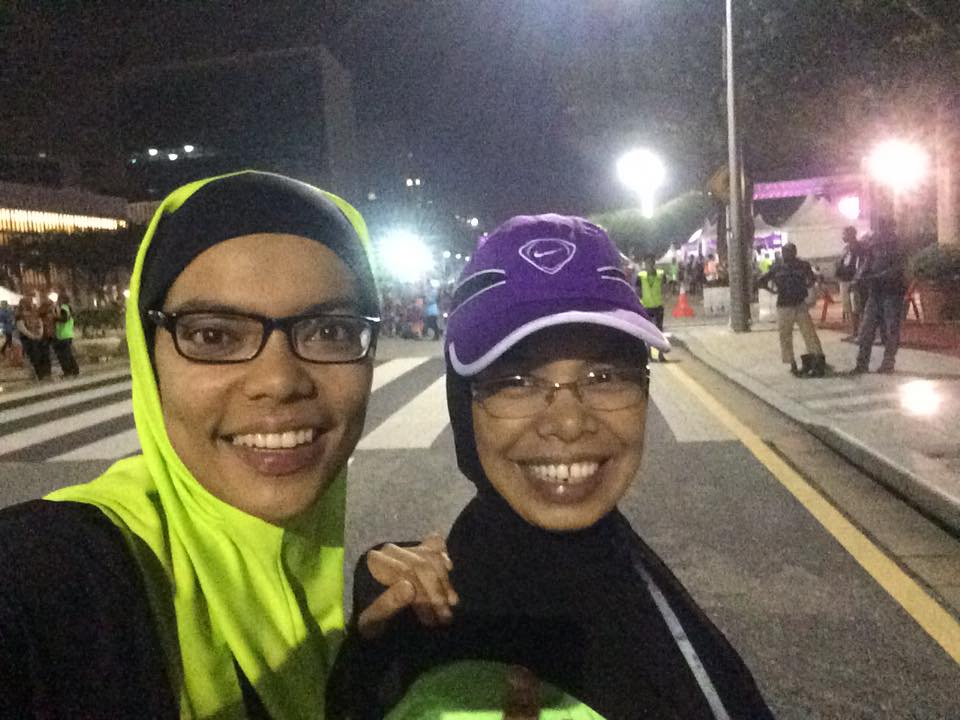Base on official result of recent Malaysia Women Marathon 2017, 8% of the Full Marathon participants and 1.5% of the Half Marathon participants did not finish (DNF) the race.
DNF or do not finish is something that every runner would try to avoid during races. Even those who are injured or suffering from cramps would try to walk towards the finish line. Some may say they are heroes, some would say that they are hurting themselves. But, as for me,..I wouldn’t want to arrive the finish line by an ambulance.
займы с 18 лет на карту срочно онлайнI have participated in 9 Half Marathons (21km), 12 Full Marathons (42km) and 4 Ultra and alhamdulillah, I finished them all strong.
DNF may occur for a few reasons, and I would like to share with you the common four and how to avoid them.
1. Lack of training and experience
If you have never trained for a long run; 15km, 20km, don’t even register for a Half Marathon, or even a Full Marathon. Know your limits. As for me, before I join a 10km run, I would run 10km 3-4 times a week. Once satisfied with the timing, I would join a competitive running event. Same goes with the Half Marathon. After I have trained for 21km distances, only then I’d join an event. As for 42km (Full Marathon), I started to join after running 8 Half Marathons. I joined Ultra after I have completed 9 Full Marathons. The point here is you need to have a lot of training and experiences from every single run that you join before you upgrade yourself to another longer distance.
2. You don’t fuel yourself enough
Some may DNF due to electrolyte imbalance; they may experience cramps or vomiting after half way, and this leads to dehydration. Some may have stomachache, due to spicy food they eat the night or day before. To avoid these problems, do take a lot of fluid ; drink a lot of water, isotonic drink a week before the event to ensure you hydrate well. Eat extra amount of carbohydrate and protein too. On the day of the event or a day before, avoid spicy food. As for me, if the event starts at 4am, my last meal the night before would be at 8pm and if after 8pm, I would take bananas and water. If you eat enough prior to the race, you don’t even need any energy bar/energy gel during the race. Your body is already prepared to use up all the glycogen to transform into glucose once you are in state of starving.
3. You don’t plan your run
Strategy is very important in every race. As for me, for a 21 km race, I would try to finish the first 10km within my usual time – 1 hour. And then, the next 11 km dragged to 1 hour 10 minutes. If it rains or if the route is tough or if I experience a cramp, I would still finish within 2 hours 30 minutes, InsyaAllah. If you continue slow jog or power walk for the last 5-8 km, you could finish under 3 hours, as long as you run your best the first 10-15 km. As for Full Marathon, my personal best is 4 hours and 57 minutes. My strategy is, I would aim my first 10km within 1 hour to 1 hour 10 minutes and next 10km within 1 hour 20-30 minutes. So, my first 21km would be at least 2 hours 30 minutes, the slowest. If you maintain 1 hour 30 minutes (pace- 9min/km) for another 2 sets of 10km, InsyaAllah you can finish under 5 hours and 30 minutes. If you can push yourself enough, you would make it within 5 hours and 15 minutes. Last year, I finished my full marathon SCKLM in 5 hours 16 minutes, read my experience → https://blog.nashata.com/?p=6391
4. Not enough rest
Lack of rest and sleep will affect your performance at the race. This issue is not strange if you go for runcation (run + vacation). The tips here is go to the place earlier (1-2 days earlier) so that you can rest well before the race. You will not be in a rush and have more time to calm down and focus during the race.
DNF is better than DNS (Do Not Start). So, whatever challenges there may be, let’s plan ahead and pray for injury-free and pleasant races. After all, what’s is the most important is TRAINING. Train hard, believe in yourself and with that, InsyaAllah, you will finish strong and happy.
Till then, keep running and be inspired!

